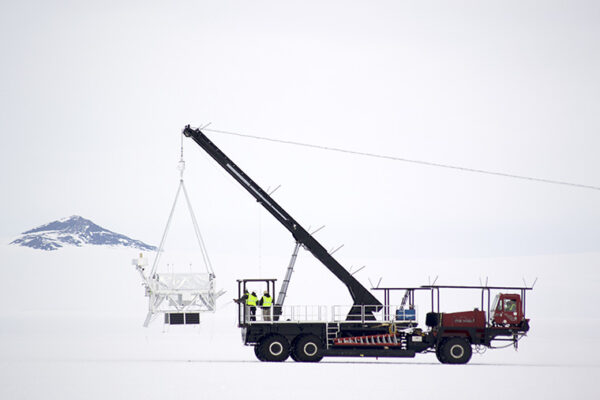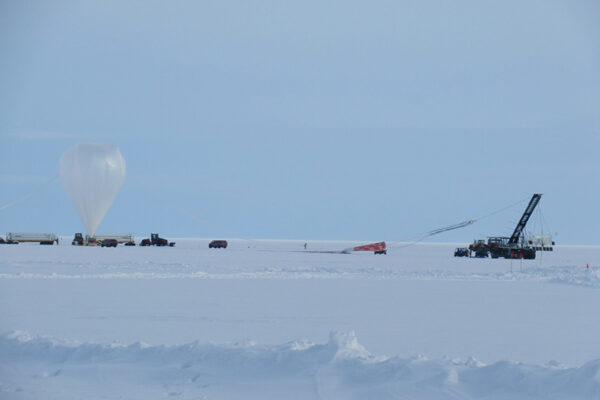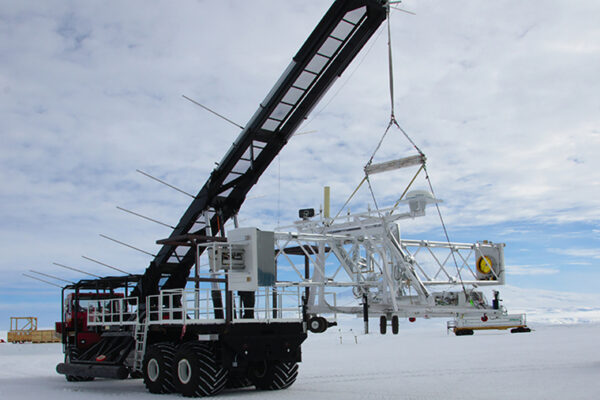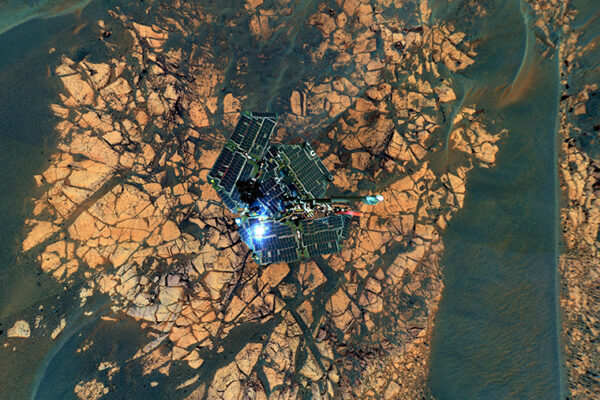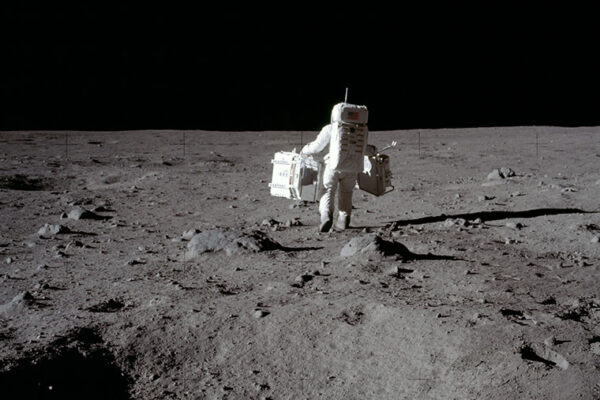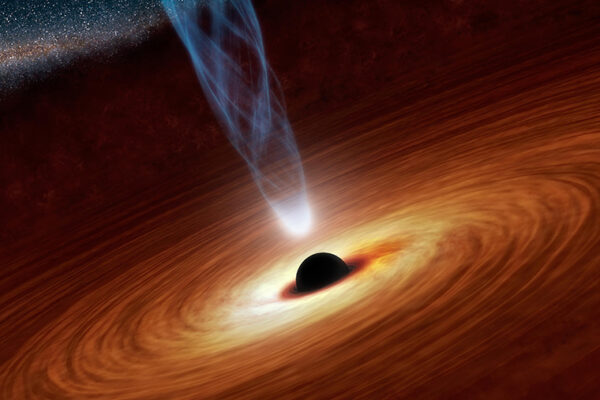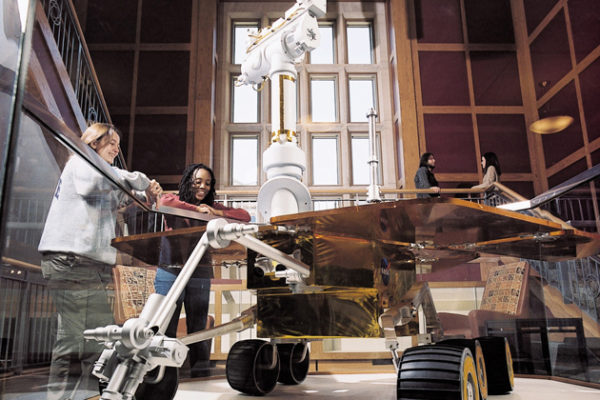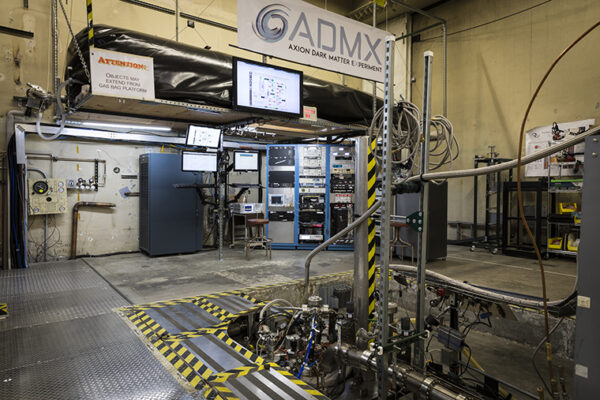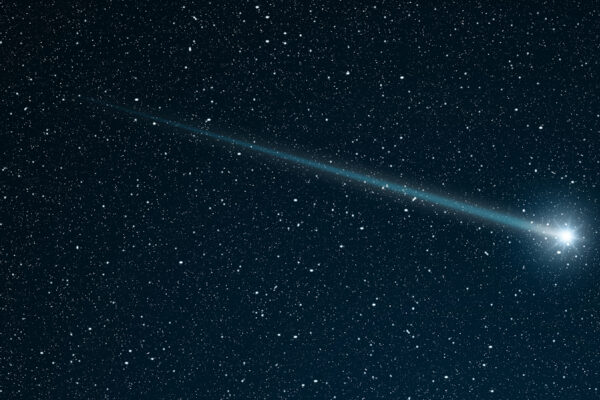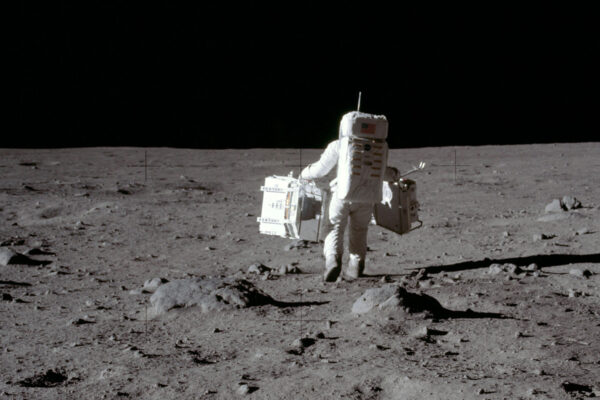Catching up with SuperTIGER, 130,000 feet above Antarctica
A balloon-borne scientific instrument designed to study the origin of cosmic rays is taking its second turn high above the continent of Antarctica three and a half weeks after its launch.
WashU physicists launch cosmic ray telescope from Antarctica
A team of Washington University in St. Louis scientists at McMurdo Station, Antarctica, successfully launched its SuperTIGER (Super Trans-Iron Galactic Element Recorder) instrument, which is used to study the origin of cosmic rays.
Supersize me: Physicists awarded $3.3M for XL-Calibur telescope
Researchers from Washington University in St. Louis will develop and deploy a new telescope designed to measure the linear polarization of X-rays arriving from distant neutron stars, black holes and other exotic celestial objects. The instrument will be flown on a minimum of two scientific balloon launches as early as summer 2021. The NASA-funded effort builds on promising results from a previous balloon-borne mission known as X-Calibur and is dubbed XL-Calibur.
Rover retrospective
RIP Mars rovers Spirit and Opportunity. But the geosciences data they collected will live on at Washington University, under the care of a team of archivists in Arts & Sciences. The data includes details about both rovers’ every move as well as many images that helped this space mission capture the public’s imagination.
Investigating water ice, space weathering on the Moon
Under a five-year, $7 million cooperative agreement led by Jeffrey Gillis-Davis, research associate professor of physics in Arts & Sciences, researchers will investigate fundamental questions at the intersection of space science and human space exploration.
Kip Thorne explores the ‘warped side’ of the universe
Nobel laureate Kip Thorne will visit Washington University to deliver a public talk on Thursday, Nov. 7. Thorne’s work in theoretical physics examines gravitational waves, the Big Bang and what these phenomena tell us about the dynamics of the universe.
Arvidson, rover team recognized by National Space Club
The team that worked on the Mars exploration rovers Spirit and Opportunity received the Distinguished Science Award from the Huntsville, Ala., chapter of the National Space Club. The award recognizes outstanding contributions in research and discovery that expand knowledge and understanding of space. Raymond Arvidson, the James S. McDonnell Distinguished University Professor in Arts & Sciences, is the mission’s deputy principal investigator.
DOE funds new physics research in dark matter
While evidence for dark matter is strong, the nature of dark matter has remained a mystery. James H. Buckley, professor of physics in Arts & Sciences, is part of a research team searching for axions — very light, invisible particles streaming through the cosmos.
Understanding the connection between tektites and the moon
Arts & Sciences researcher Kun Wang studies the melted rock that cools into tektites after a meteorite strikes Earth to gain insights into the giant impact event that formed the moon. His latest research was published Aug. 15 in the journal Geochimica et Cosmochimica Acta.
Old rocks, new science: What the moon is still teaching us
In September 1969, Washington University in St. Louis scientists were among the first to receive samples collected from the historic Apollo 11 moon mission. At this year’s Lunar and Planetary Science Convention, a student, a faculty member and an alum remind us of the value of these samples and share cutting edge research on decades-old rocks.
Older Stories
